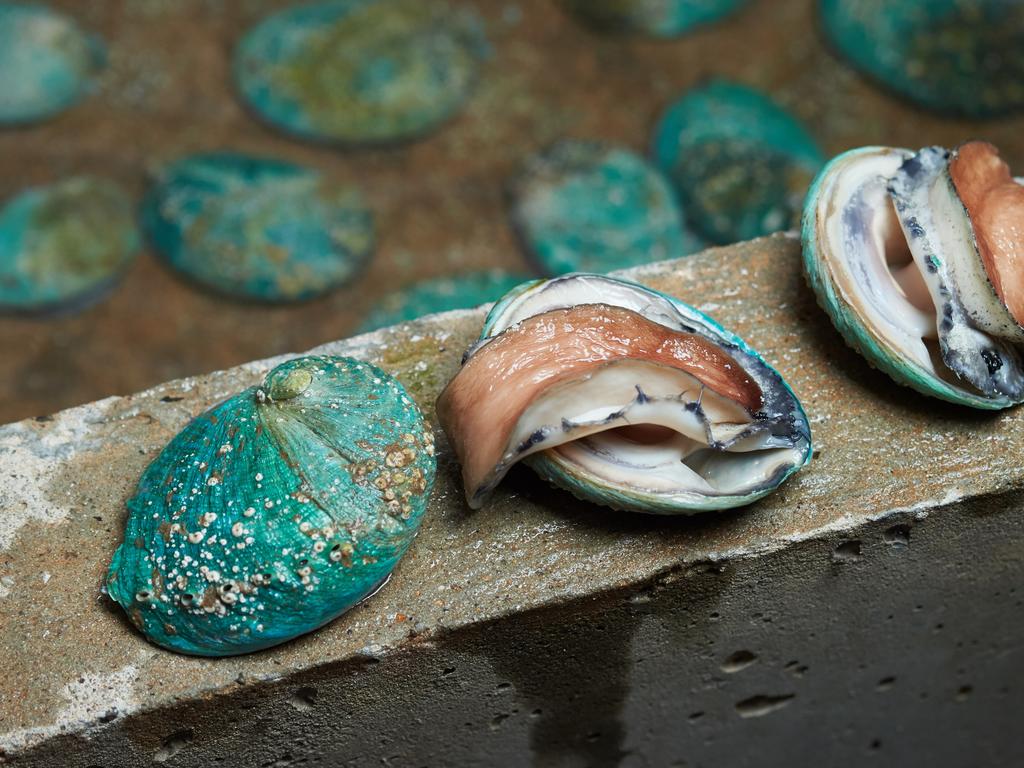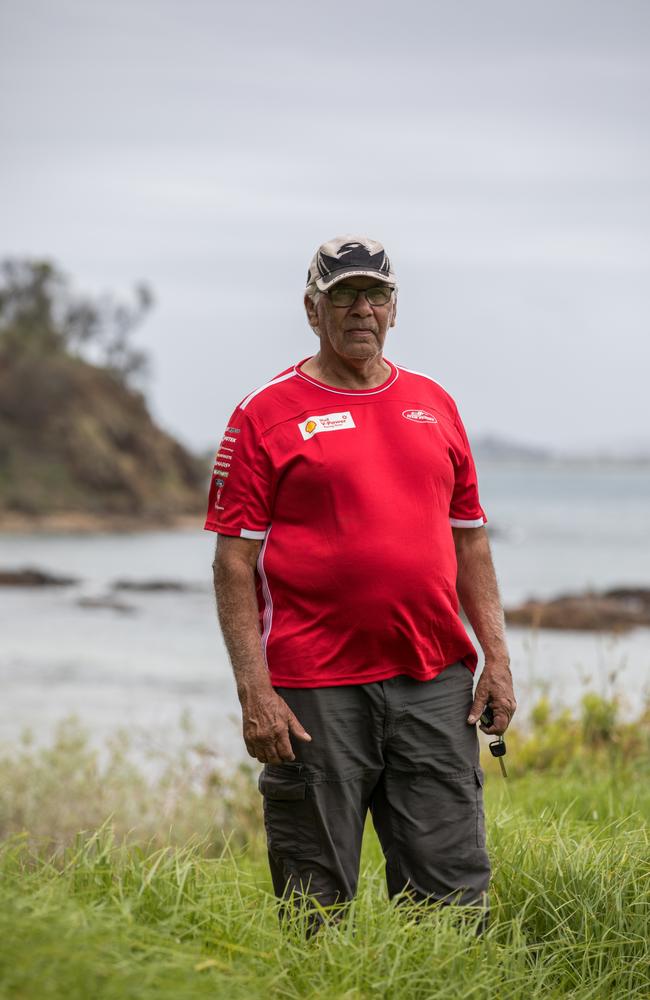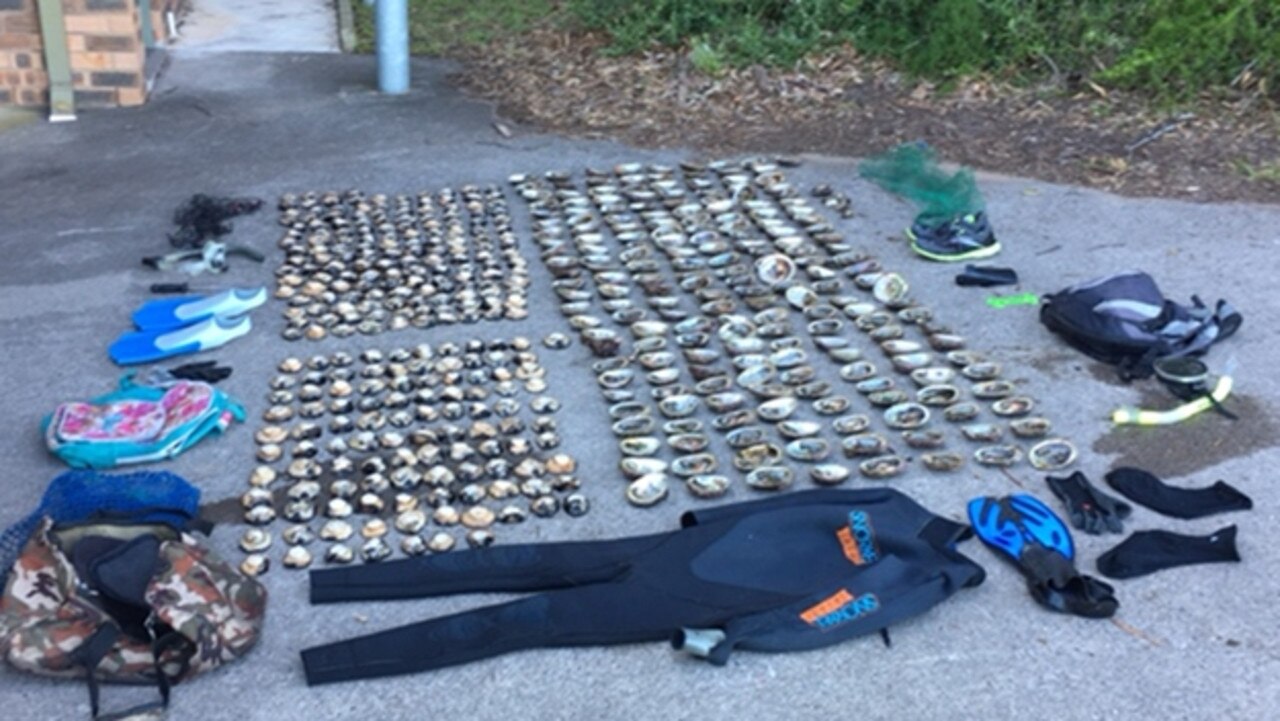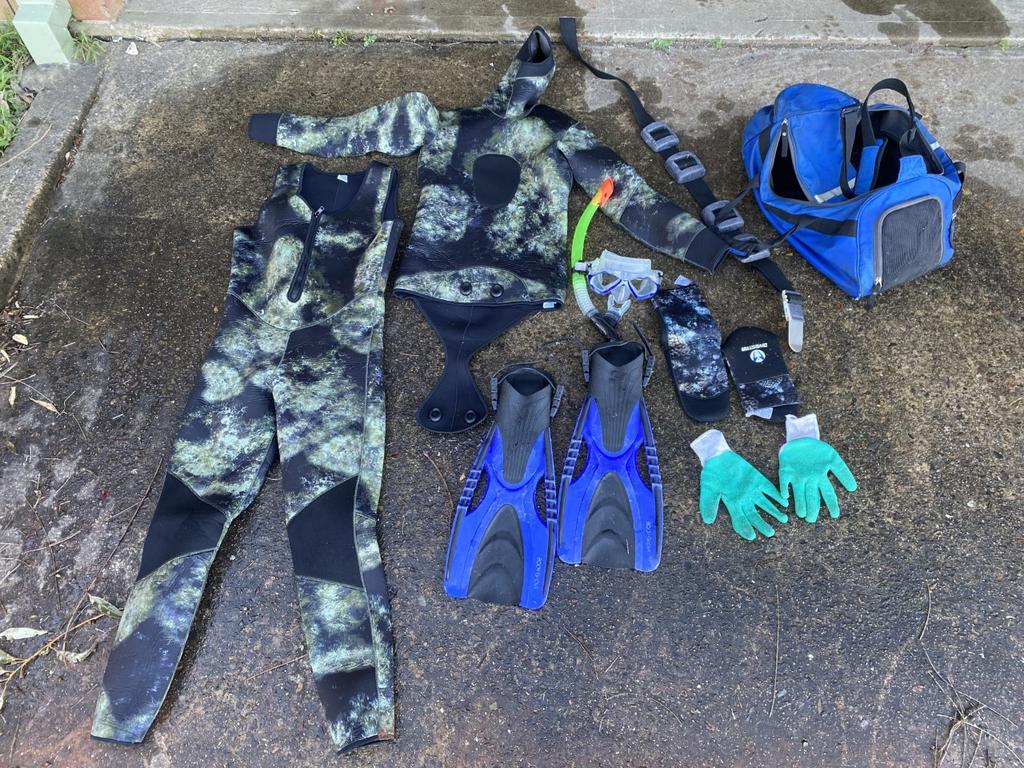NSW Government ‘failed’ to enact Aboriginal cultural fishing laws
A decade-long delay in implementing laws to protect abalone and cultural fishing among Indigenous Australians in NSW has had ‘terrible consequences’. Read why all fines could be wiped.
A decade-long delay in implementing laws to protect abalone and cultural fishing among Indigenous Australians in NSW has had “terrible consequences”.
The provisions were supposed to allow Aboriginal fishermen to catch, for cultural purposes, types and quantities of fish prohibited to commercial and recreational fishermen.
A parliamentary inquiry into the delay recommended regulations to enact the laws be implemented immediately and fines handed out to Aboriginal fishermen in the past decade withdrawn.
Committee chair Mark Banasiak said, in a report released on Monday, Aboriginal leaders had made it clear fishing laws were hurting local communities and impacting the wider Aboriginal culture.
“During this inquiry, the committee was extremely concerned to hear of the level of damage inflicted by compliance actions on Aboriginal people whose lives and culture are expressed and defined by their cultural fishing practices,” he said.
“We repeatedly heard stories of Aboriginal people being harassed, prosecuted, and fined for practising cultural fishing.

“Some Aboriginal fishers have been subject to terrible consequences, including jail terms and fines in the thousands of dollars.
“A number have also reported reduced mental health and wellbeing due to being prevented from practising their culture.
“This was particularly apparent in evidence provided by fishers on the south coast.”
The NSW Government amended the Fisheries Management Act in 2009 to acknowledge Aboriginal people’s unique cultural connection to sea and inland waters and to protect and promote Aboriginal cultural fishing.
A special provision, section 21AA, was also introduced with an intention to protect Aboriginal people from compliance actions for fishing offences if they were undertaking cultural fishing.

The inquiry found the NSW Government’s local management approach to cultural fishing in the interim had been “too slow” and had failed to attract popular support from the south coast’s local Yuin community hit hard by current prohibitions.
“Extraordinarily, the will of the Parliament has failed to take effect,” Mr Banasiak said in his report.
“Here we are 13 years later, with still not much to show for the parliament’s intention to make special provision for Aboriginal cultural fishing.
“Section 21AA needs to be commenced immediately, and the NSW Government must take immediate steps to develop a supporting regulation with stakeholders.”

Launched in November 2021, the inquiry received dozens of submissions from local Aboriginal community leaders, as well as from charity groups including Katungal and the Aboriginal Legal Service.
Two public hearings were also hosted, including one on the state’s far south coast.
In addition to a review of outstanding fines, the report also recommended a review of NSW Department of Primary Industries training and procedures, with the view of identifying any “systemic cultural problems”.
The report deemed current compliance activity against Aboriginal people for practising cultural fishing, particularly on the south coast, as “unacceptable” and resulting in “perverse outcomes”.

The program was also deemed inconsistent with the NSW Government’s commitments to the Closing the Gap Agreement.
In a dissenting statement from Nationals MP Scott Barrett and Liberal Party MPs Taylor Martin and Peter Poulos, they argued ceasing surveillance and compliance actions would “place at risk community confidence that the fisheries resource are being managed”.
They said there were already training and education for fisheries officers in how to approach suspected breaches of cultural fishing rules “to ensure a culturally sensitive, consistent and transparent enforcement process”.

While acknowledging more could be done, the politicians said fisheries officers spent many hours on patrol, detecting and preventing illegal fishing and damage to fish habitats.
“We should also be careful we are not unfairly targeting the culture of the fisheries officers and public servants rather than addressing the other issues heard throughout the inquiry process,” they said.
“We heard from DPI Fisheries in their submission and in the inquiry hearing that the cases that are taken to prosecution are associated with thousands of high value species being sold illegally.”
In a statement, a NSWDPI spokesperson said the agency welcomed the release of the report, and would review its findings “in due course”.
The spokesperson said for staff recognition of native title rights were not always immediately possible in the field, and that all fisheries officers were already required to complete cultural awareness training which was last updated by Aboriginal providers in 2022.
“One of the main challenges for fisheries officers has been dealing with situations where large quantities of high value species, such as abalone, have been apprehended by fisheries officers being sold into illegal seafood markets in Sydney,” the spokesperson said.
“These situations have been referred to the courts and on a number of occasions the courts have determined whether this falls under the definition of cultural fishing and is deemed illegal under Commonwealth and State law.”
Furthermore, the spokesperson said NSWPI recognised the connection between Aboriginal identity and wellbeing, including the importance of fishing practises, and had worth to create a sustainable management framework through the Aboriginal-led localised management plans.
More Coverage
Originally published as NSW Government ‘failed’ to enact Aboriginal cultural fishing laws




